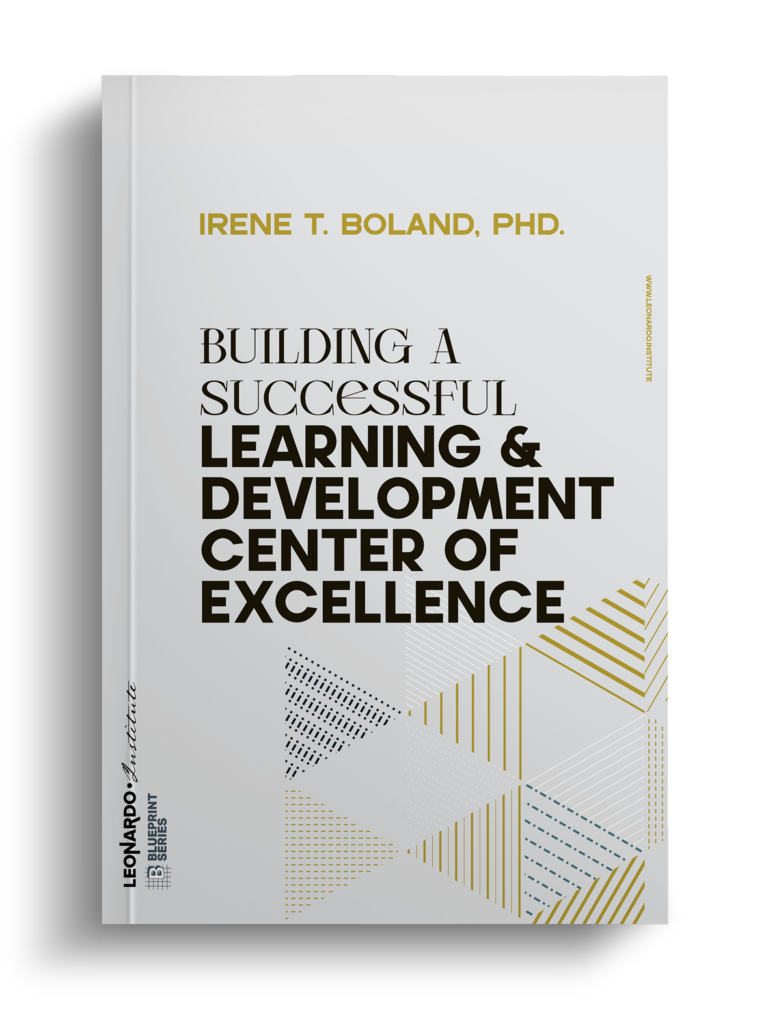Substance abuse poses a significant challenge across various life stages, notably during adolescence, a period characterized by vulnerability to risky behaviors, including drug use. In the workplace, the implications of substance abuse extend to productivity, safety, and overall employee well-being, underscoring the importance of preventive education and training. This article explores the impact of role-playing scenarios on the self-efficacy of students in resisting substance use, drawing parallels to workplace learning environments to enhance training methodologies for substance abuse prevention.
The Investigation on Role-Playing’s Effectiveness
The study in focus aimed to demonstrate the effectiveness of role-playing scenarios in boosting students’ self-efficacy towards resisting substance abuse. Through a pre-test and post-test design, researchers assessed the impact of scenario-based training on secondary school students’ ability to say “no” to substances. This interactive form of learning was intended to not only improve refusal skills but also to promote awareness and preparedness among adolescents facing substance offers.
Driving Forces Behind the Research
With rising concerns over substance abuse among youth and its potential to derail personal and professional lives, there’s a pressing need for effective prevention strategies. This necessity is particularly pronounced in Turkey, where an increase in drug abuse among high school students has been noted. The study was motivated by the lack of comprehensive school-based programs in Turkey and the critical role of self-efficacy in resisting peer pressure and substance use.
Key Findings and Implications
The findings revealed a significant increase in students’ self-efficacy following the role-playing intervention. This enhancement indicates the potential of role-playing scenarios to equip individuals with the confidence and skills necessary to resist substance abuse. For workplace learning professionals, these insights suggest the value of incorporating interactive and scenario-based learning experiences into training programs, particularly those aimed at health and safety education.
Put it to Work
- Adopt Interactive Training Techniques: Design training sessions that include role-playing scenarios mirroring real-life workplace challenges related to substance abuse. This approach can foster a participatory learning environment, encouraging employees to engage actively with the content.
- Enhance Self-Efficacy: Focus on building employees’ confidence in their ability to resist substance abuse by highlighting success stories and providing tools and strategies to handle peer pressure and stressful situations effectively.
- Continuous Learning: Incorporate regular follow-up sessions to reinforce learning and adapt scenarios based on emerging trends and challenges within the workplace and broader community.
- Promote a Supportive Culture: Encourage open discussions about substance abuse prevention, emphasizing the organization’s commitment to employee well-being and providing resources for those seeking help.
The Takeaway
Role-playing scenarios offer a powerful tool for enhancing self-efficacy in resisting substance abuse, with significant implications for workplace learning. By adopting interactive, scenario-based training methods, organizations can empower employees to make healthier choices, promoting a safer and more productive work environment. As we strive to address the challenges of substance abuse, the integration of evidence-based educational practices into workplace training programs emerges as a critical strategy for fostering resilience and well-being among professionals.


